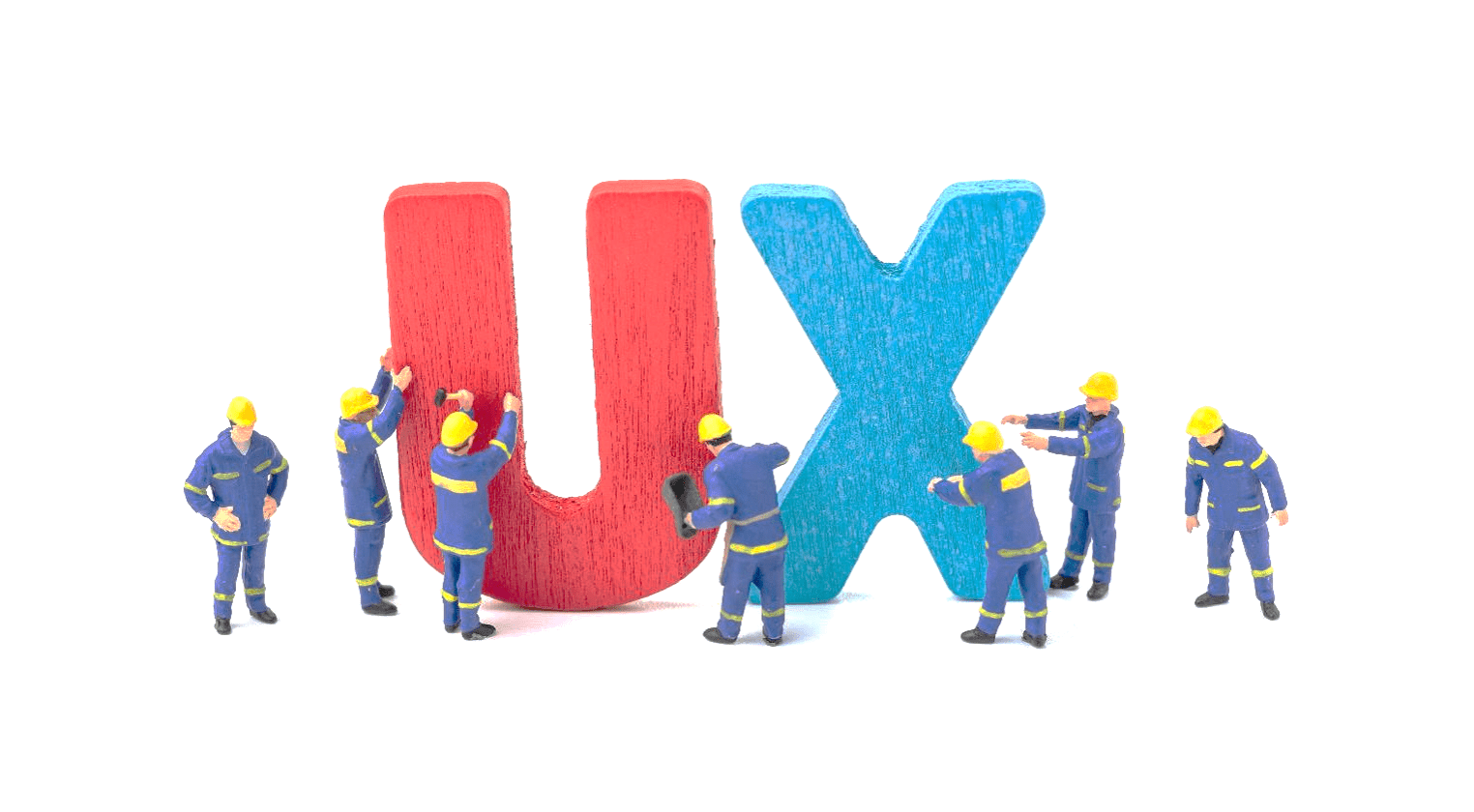In Speexx amiamo le lingue, lo sviluppo delle persone e crediamo nell’apprendimento blended. Ci piace mettere a confronto le idee sulle tematiche di interesse in ambito HR. Le nostre soluzioni di formazione linguistica e business coaching, contribuiscono tutti i giorni a migliorare la comunicazione di milioni di persone in tutto il mondo, e a far emergere il talento di ognuno.
A few weeks back, we shared a post about “formal vs. informal emails”, and we can think of this as a bit of an extension on that, as the terms we’ll cover can be used in written just as easily as they can in spoken English.
From Witches to Draculas, to Princesses to Supermans, and even the odd Professional Athlete, the idea is pretty simple; dress up as something you like, take a bag of some kind (pillow cases worked well), and walk around to houses in the neighborhood and ask for candy.
For some people, speaking in public is the most terrifying thing they’ll need to do. There’s a legitimate medical term for this fear – glossophobia – and it can lead to symptoms such as rapid heartbeat, trembling, dizziness, sweating, nausea or vomiting, and just the general urge to get away.
Per molti professionisti L&D, può essere difficile ingaggiare i dipendenti nei programmi di formazione. Ciò è particolarmente vero quando si tratta di formazione linguistica e studenti moderni. Questa nuova generazione è curiosa ma anche altrettanto distratta.
I was 16 years old. It final year of senior school in 1994 and our science teacher took us all to the library and showed us “the internet”. There was one computer, and it took more than 3 minutes to connect to a boring page with some text on it.
La trasformazione digitale ha radicalmente cambiato il modo in cui la formazione viene percepita dagli utenti. Una volta era “un punto dolente” mentre ora è diventato una necessità per garantire, tra le altre cose, employability.
A volte il successo di un programma può essere un concetto confuso. Quando un programma è definito di successo? Per misurarlo correttamente, è necessario definire cosa significa il termine “successo” all’interno del contesto aziendale.
Si spendono ogni anno 140 miliardi di dollari in L&D (da 500 a 3,000 dollari per dipendente, a seconda del settore). Gli studenti dimenticano il 75% di ciò apprendono in un mese: si perde il 75% dell’investimento destinato alla formazione, fino a 2,250 dollari a persona.







